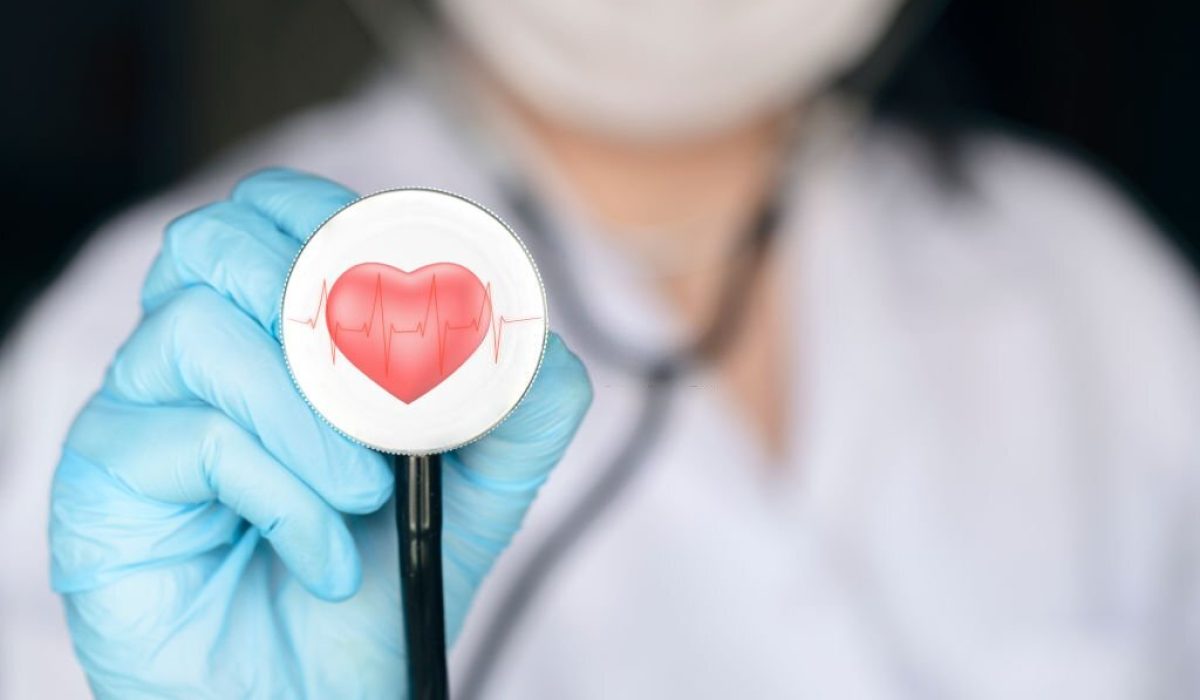When it comes to matters of the heart, both figuratively and literally, a cardiologist plays a crucial role in safeguarding our well-being. These medical specialists focus on diagnosing and treating conditions related to the heart and blood vessels. In this blog, we’ll delve into what a cardiologist does, why you might need one, and how you can work together to ensure your heart health.
Understanding the Role of a Cardiologist:
Cardiologists are doctors who specialize in the cardiovascular system, which includes the heart and blood vessels. They are trained to diagnose, treat, and prevent a wide range of heart-related conditions, from minor concerns to life-threatening diseases. Cardiologists play a vital role in:
- Diagnosis: Cardiologists are experts in interpreting various diagnostic tests, such as electrocardiograms (ECGs), echocardiograms, and stress tests. These tests help them assess heart function, identify irregularities, and determine the best course of action.
- Treatment Planning: Based on their diagnosis, cardiologists develop tailored treatment plans. This could involve lifestyle changes, medication, procedures like angioplasty or stent placement, or even heart surgery.
- Preventive Care: Cardiologists are proactive in preventing heart problems. They provide guidance on adopting heart-healthy habits, managing risk factors (like high blood pressure or cholesterol), and making informed decisions about your overall health.
- Management of Chronic Conditions: For those with chronic heart conditions such as heart failure or arrhythmias, cardiologists provide ongoing care and monitoring to optimize quality of life.
- Emergency Care: In cases of heart attacks or other cardiac emergencies, cardiologists are often part of the rapid response team, providing critical interventions to save lives.
How to Work with a Cardiologist:
Collaborating effectively with a cardiologist can significantly impact your heart health journey. Here’s how to make the most of your partnership:
- Choose Wisely: When selecting a cardiologist, consider factors like their experience, credentials, and patient reviews. A trustworthy and empathetic professional can make a world of difference.
- Open Communication: Be prepared to share your medical history, lifestyle habits, and any symptoms you’re experiencing. Honest communication helps the cardiologist make an accurate diagnosis and develop an appropriate treatment plan.
- Ask Questions: Don’t hesitate to ask about your condition, treatment options, and potential side effects of medications. Understanding your health empowers you to make informed decisions.
- Follow Instructions: Whether it’s taking prescribed medications, making dietary changes, or attending follow-up appointments, adhering to your cardiologist’s recommendations is crucial for optimal results.
- Lifestyle Modifications: Embrace heart-healthy habits like exercising regularly, eating a balanced diet, managing stress, and avoiding tobacco. Your cardiologist can guide you in making sustainable changes.
- Regular Check-Ups: Even if you’re feeling well, regular check-ups with your cardiologist are essential. These visits help monitor your heart health and catch any potential issues early on.
Conclusion:
A cardiologist is not just a medical professional; they’re a partner in your heart health journey. From diagnosis to treatment, prevention, and ongoing care, their expertise ensures that your heart stays strong and resilient. By fostering open communication, following their guidance, and making positive lifestyle changes, you can work hand in hand with your cardiologist to prioritize your well-being and enjoy a healthier, heartier life.



